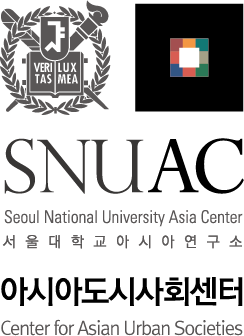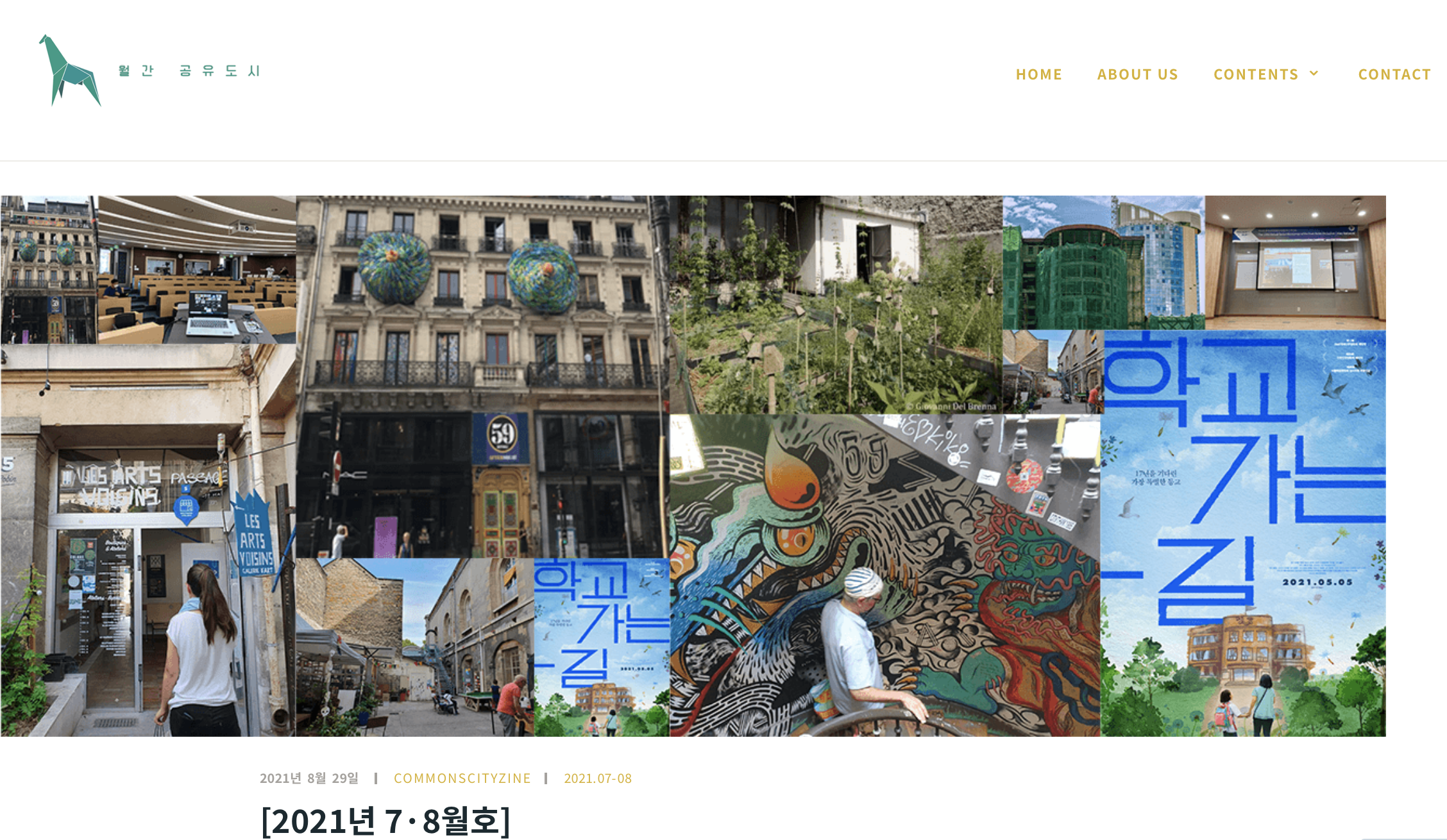Young Rae Choi,
Profitable tidal flats, governable fishing communities: Assembling tidal flat fisheries in post-crisis South Korea,
Political Geography,
Volume 72,
2019,
Pages 20-30,
ISSN 0962-6298,
https://doi.org/10.1016/j.polgeo.2019.03.006.
(http://www.sciencedirect.com/science/article/pii/S0962629818303007)
Abstract: Tracing the discursive emergence of “tidal flat fisheries” in South Korean fisheries policy as a new orientation toward governing tidal flats and coastal fishing communities, this paper examines how crisis catalyzes the production of neoliberal socionature. Framed as a “new growth engine” of South Korea’s Low Carbon Green Growth initiative, tidal flat fisheries appeared as both a way to contribute to the country’s wealth and a solution to a doubly failing coastal fisheries sector plagued by declining production and aging fishers. In this paper, I argue that tidal flat fisheries as a neoliberal intervention opened underdeveloped tidal flat spaces and exclusive coastal fishing communities to intensified forms of capitalist relations and new forms of governance. Tidal flat fisheries reimagined tidal flats as potentially productive and profitable spaces in need of intensive aquaculture, and delivered a subtle representation of coastal fishing communities as inefficient and illegal, thereby irrationalizing their communal rights to tidal flats as livelihood resources. This paper highlights the role of crisis in the making of tidal flat fisheries as a context-specific, hybrid assemblage where existing discourses, actors, and programs were reconfigured to convey neoliberal rationalities of efficiency and managerial governance. Multiple crises (global and domestic, chronic and acute) and the notion of multi-faceted crisis itself were used to justify neoliberal reform in the coastal fisheries sector. The case of tidal flat fisheries in South Korea compels us to develop an account of crisis and nature in late neoliberalism. Focusing on how crisis produces neoliberal rationalities, I contend that we can advance our critique of neoliberalism beyond the dimensions of variegation to its status as a potentiality with lasting discursive and material effects.





